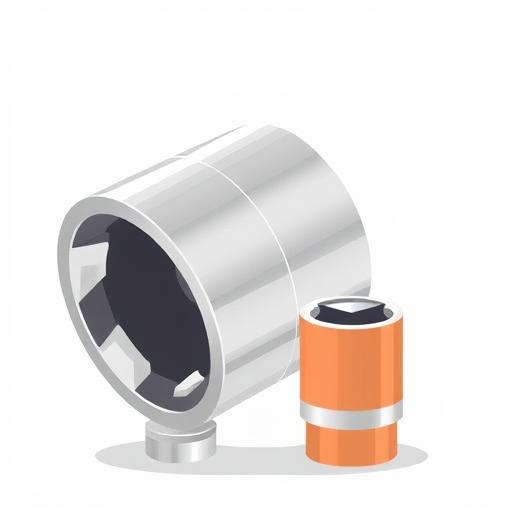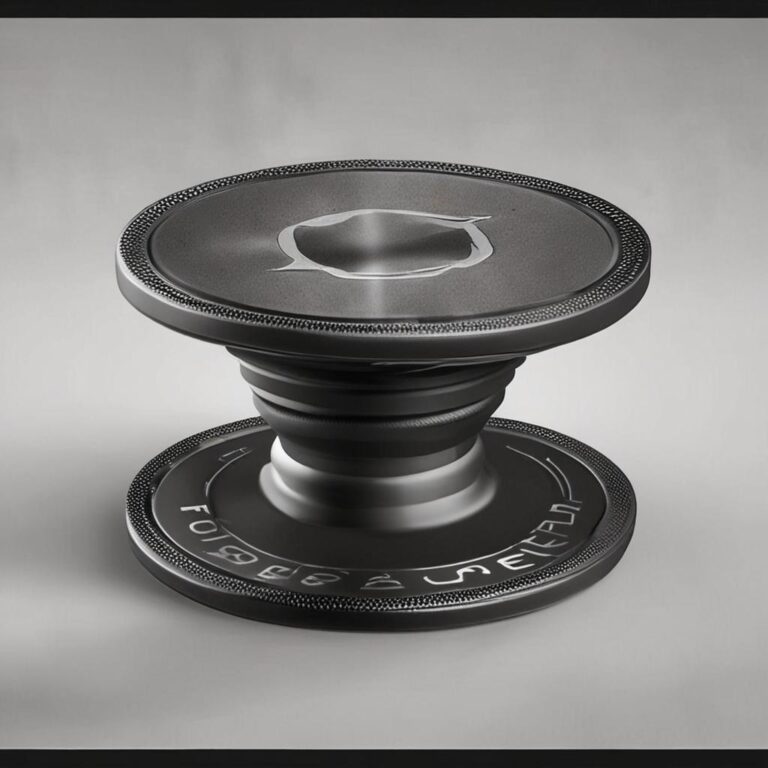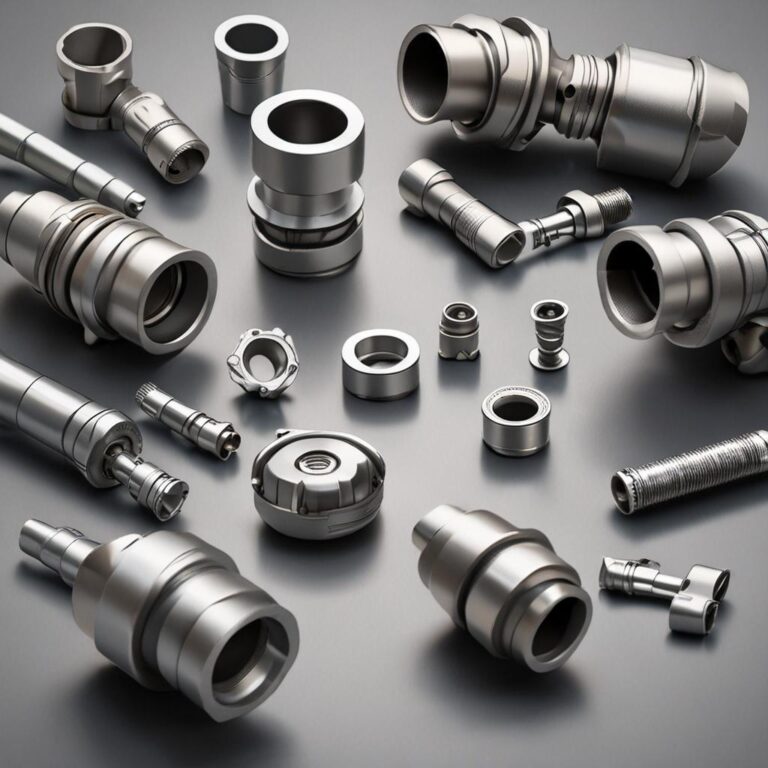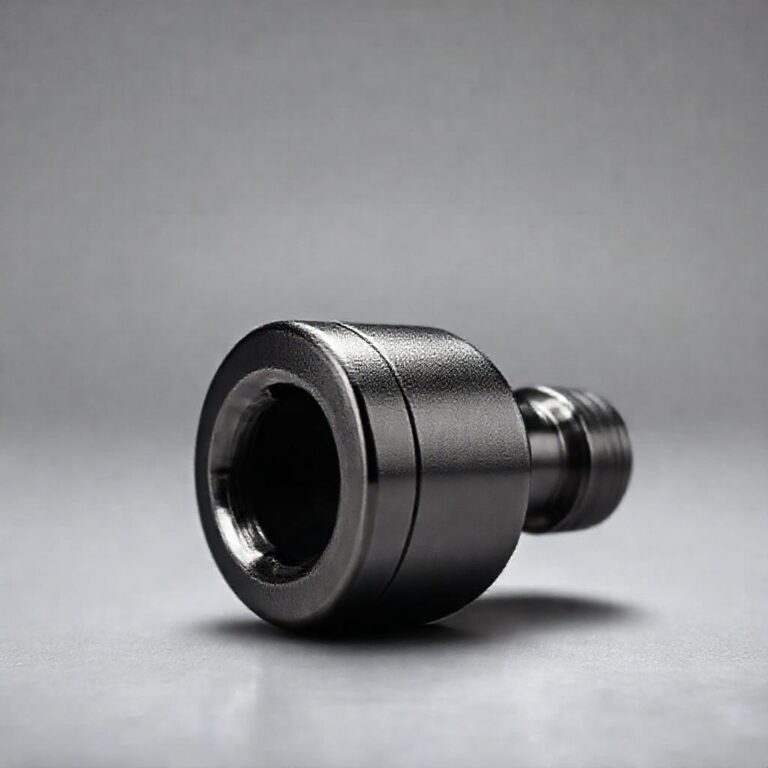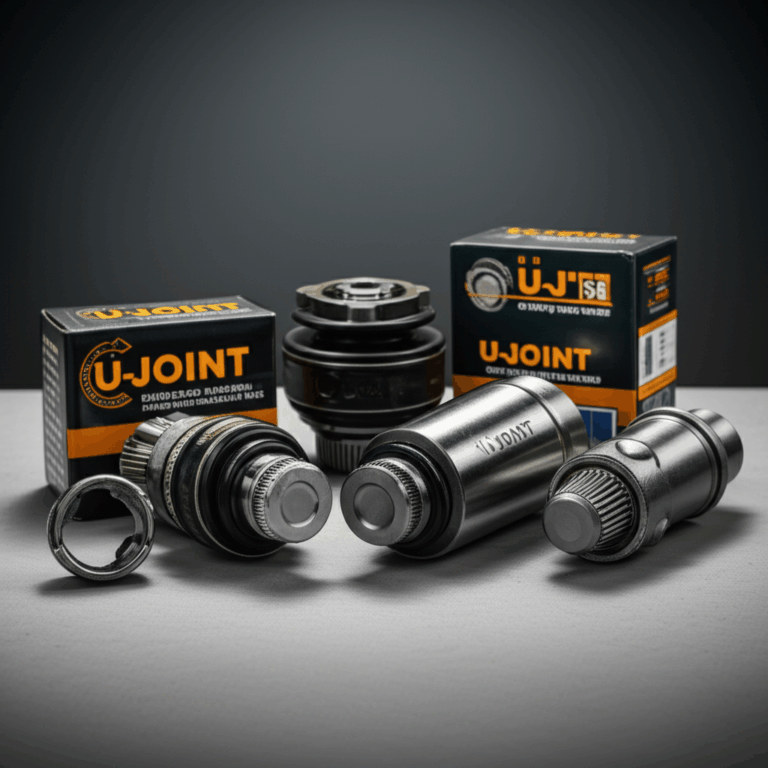What is Universal Socket?
In today’s fast-paced world, having the right tools can make all the difference between a smooth project and a frustrating one. For DIY enthusiasts, professionals, and travelers alike, carrying a bulging toolbox filled with dozens of sockets is impractical. Fortunately, the universal socket offers a clever solution, combining multiple tools into one compact device. Whether you’re tightening bolts in your garage, assembling furniture, or working on outdoor equipment, this versatile tool is designed to simplify your tasks. In this guide, we’ll explore everything you need to know about universal sockets, from how they work to their best applications and maintenance tips.
Step-by-Step Process
Planning
Define goals and objectives
Preparation
Gather resources and tools
Execution
Implement the plan
Evaluation
Assess results and outcomes
Improvement
Make necessary adjustments
Process infographic for What is Universal Socket?
What is a Universal Socket?
A universal socket is a multi-purpose tool designed to fit a wide range of fastener sizes and shapes, eliminating the need for multiple individual sockets. Unlike traditional sockets, which are fixed to specific sizes, a universal socket features an adjustable mechanism that allows it to adapt to different bolts, nuts, and screws. This makes it an invaluable addition to any toolkit, whether you’re a professional mechanic or a casual home repair enthusiast.
The standout feature of a universal socket is its innovative design. Most models use a combination of spring-loaded pins or flexible jaws that expand or contract to grip various sizes securely. This adaptability not only saves space but also reduces the hassle of constantly swapping out sockets during a project.

How Does a Universal Socket Work?
A universal socket works by utilizing a simple yet effective mechanism. Inside the socket, there are multiple adjustable pins or jaws that move in response to pressure. When you apply force to turn the socket, these pins expand or contract to fit the contours of the fastener. The more you tighten or loosen the bolt, the more securely the pins lock into place, ensuring a firm grip.
For example, if you’re working with a hexagonal bolt, the pins will adjust to fit the six sides perfectly. The same socket can then be used on a differently sized bolt by simply applying the appropriate force. This adaptability makes it ideal for handling a variety of fasteners without needing separate tools for each size.
Types of Universal Sockets
Manual Universal Sockets
These are the most common types and are designed for hand tools like wrenches or ratchets. They are lightweight, portable, and perfect for quick repairs around the house or while traveling. Manual universal sockets typically cover a broad range of sizes, making them a practical choice for general use.

Power Tool-Compatible Sockets
For those who frequently use power tools, there are universal sockets designed to attach to drills or impact drivers. These models are built to withstand higher torque levels and offer a more efficient way to tackle stubborn fasteners. They often come with reinforced materials to ensure durability during heavy-duty tasks.
Specialty Universal Sockets
Some universal sockets are tailored for specific applications, such as automotive or plumbing work. Automobile versions may include features like extended reach or deeper wells to accommodate car parts, while plumbing-specific models might be designed to fit oddly shaped fixtures or pipes. These specialty versions enhance precision and ease of use for niche tasks.

Advantages of Using a Universal Socket
Features table for Advantages of Using a Universal Socket
- Versatility: With the ability to fit multiple fastener sizes, a universal socket reduces the need for carrying numerous traditional sockets.
- Portability: Its compact design makes it easy to store and transport, ideal for travelers or those with limited workspace.
- Cost-Effectiveness: By eliminating the need to purchase individual sockets, it helps save money in the long run.
- Time-Saving: No more fumbling through a toolbox to find the right size—just use one tool for various fasteners.
Common Applications of Universal Sockets
Universal sockets are incredibly versatile and can be used in various scenarios. At home, they’re great for assembling furniture, repairing appliances, or fixing leaky pipes. In automotive work, they can handle everything from changing tires to replacing engine parts. Outdoor enthusiasts find them useful for maintaining camping gear, bicycles, or other equipment. For professionals, they streamline workflows by reducing the need for multiple tools.
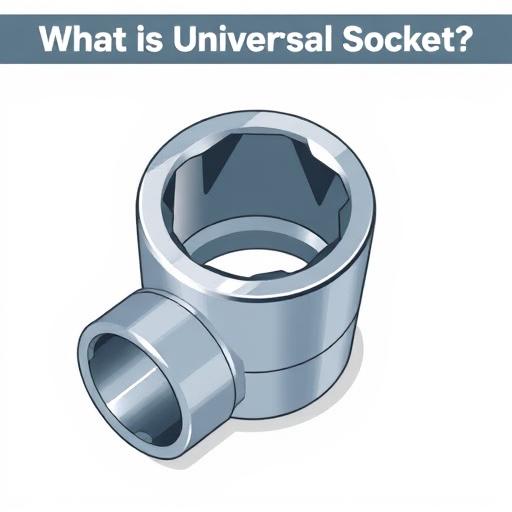
Tips for Choosing the Right Universal Socket
- Size Range: Ensure the socket covers the sizes you frequently work with. Most models indicate their compatible range on the packaging.
- Build Quality: Opt for sockets made from durable materials like chrome vanadium steel for longevity.
- Additional Features: Look for ergonomic grips or anti-slip designs for better handling.
- Reviews and Brands: Research different brands and read user reviews to gauge reliability.
Maintenance and Care for Universal Sockets
To keep your universal socket in top condition, clean it regularly to remove dirt and debris that could affect its performance. Store it in a dry place to prevent rust and corrosion. Inspect the socket periodically for signs of wear and replace it if the pins or jaws become damaged. If the socket has moving parts, consider lubricating them occasionally to ensure smooth operation.
Conclusion
A universal socket is a game-changer for anyone who values efficiency and convenience in their toolkit. Its ability to adapt to various fastener sizes makes it a must-have for home repairs, automotive work, and professional applications. By investing in a high-quality universal socket, you can save time, space, and money while tackling a wide range of tasks with ease. Whether you’re a seasoned professional or a DIY beginner, this versatile tool is sure to become an indispensable part of your arsenal.
FAQs About Universal Sockets
Can a universal socket replace all traditional sockets?
A universal socket is highly versatile but may not be suitable for every situation. For high-precision or heavy-duty tasks, traditional sockets might still be necessary due to their fixed fit and robustness.
What sizes can a universal socket handle?
Most universal sockets cover a range of sizes, typically from as small as 6mm to as large as 19mm, depending on the model. Always check the specifications to ensure compatibility with your needs.
Is a universal socket suitable for heavy-duty tasks?
While universal sockets are durable, they may not handle extreme torque as effectively as traditional sockets. For heavy-duty applications, consider using a power tool-compatible universal socket or a traditional high-strength socket.
How do I clean and maintain my universal socket?
Regular cleaning with a brush or compressed air helps remove debris. Store it in a dry place and apply light lubrication to moving parts to maintain smooth operation.
Are universal sockets compatible with power tools?
Yes, many universal sockets are designed to attach to drills or impact drivers. Ensure the socket’s specifications match your power tool’s requirements for safe and effective use.
